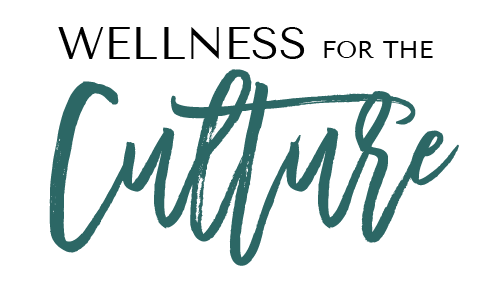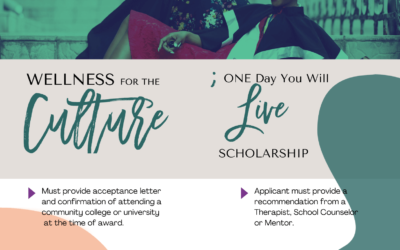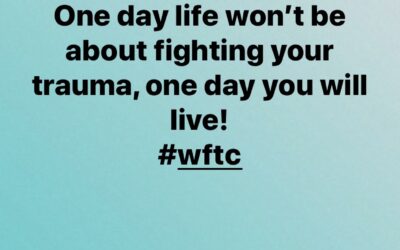This post is inspired by Counseling for Social Justice by Courtland C Lee. This is one of my favorite reads because it let me know that I could be an activist and a mental health counselor; that as a mental health counselor I am an activist. But most of all it was inspired by a poll (very small poll via FB status), and by many of the people around me who are hesitant to seek out mental health counsel. I am not here to convince you, just to provide insight.
The book starts with a quote from MLK 1963 – “Injustice anywhere is a threat to justice everywhere. “
This is self explanatory, SIKE! You’d think that but as we go forward in 2017, I am seeing that it is not! On twitter a couple weeks ago, I saw a Psychiatrist post, on his prescription pad, a prescription for NFL players to stand during the anthem. Gah! The problem is not that this is his opinion; the problem is that this could be YOUR therapist. Someone who does not care about how his beliefs can affects his clients, and that he is bold enough to put it out there! Now, I do have to say that therapists do not have to share the same beliefs as their clients to be helpful. However, that was annoying and makes it important that there are more people in this field that look and think like you.
After reading this book it was like I took an oath as a counselor to be an agent of social justice on a quest for equality. I am here to connect my clients to opportunities that alleviate many societal ills and in the process, promote a more socially just society. I can help make a difference, particularly in those who have been systematically excluded. The struggle for social justice must be ongoing. I will work hard to promote access and equity to ensure full participation of all.
MAJOR KEY ALERT: Like the text, I believe all people have the right to equitable treatment, support for their human rights, and fair allocation of societal resources. We as counselors should be able to acknowledge the ways the environment influences a client’s development to challenge systemic barriers that block their psychosocial development. Most often, client’s issues are reactions to, or symptoms of, deep seated problems in the social environment, like microaggressions or good ole systemic racism.
In our society, more money means more choices and less money means just the opposite. Accessing services can be confusing. It’s been found that many mental health conditions are related to poverty. Literally the lower your socio economic status (SES) the more likely you are to have a mental health diagnosis. This could be in part by state health insurance’s (Masshealth) mandatory requirement that we diagnose a client within the first session for them to pay out. But that’s none of my business. It is just a never ending struggle because poverty equals stress and there are so many barriers to overcome. The barriers include lack of money, transportation, time, and the wonderful stigma attached to reaching out.
Awhile back, I did a small poll that included the question: what stops you from seeking (mental health) therapy? Stigma was the number one answer. There were some who stated bad experiences but everyone (therapists) is not built for this. When it came to the Black people that answered it was like taboo to reach out for help. Culturally, we have been taught, “what happens in this house, stays in this house,” for many reasons. We also often seek out our church families and pastors for guidance. I am not saying there is anything wrong with this, but there is most times shame, fear of rejection, and isolation attached to talking to people you are connected to.
A counselor….. Well, I’ll just speak for myself: I have and I am constantly examining my world view! Although, I am a black woman that came from a low SES, I still have to account for the other moving parts of my intersection that wheels itself into the session.
My job is to promote resiliency and to uplift and empower my clients. It’s also my job to make you aware of just how far you’ve come and your willingness to seek help to continue to wake up. I am the counselor without judgment that can tell a young woman, who outside of my walls is considered a failure because she didn’t complete high school, is receiving government assistance, and is a single mother, “Wow! You have the ability to be a good mother, sister, and friend. You know how to access supports and you are strong for admitting you don’t have it all together. This is such a great achievement and you are capable of so much more!” And if I am truly honest I don’t have it all together myself. This is what allows me to sit in a session with you. J We are able to collaborate during treatment because I allow you to be the expert of your life; you alone know what you need. I am just a vessel that assists you in navigating systems and advocate within a larger system. But, I guess if therapy just isn’t for you, then who am I to tell you otherwise.




